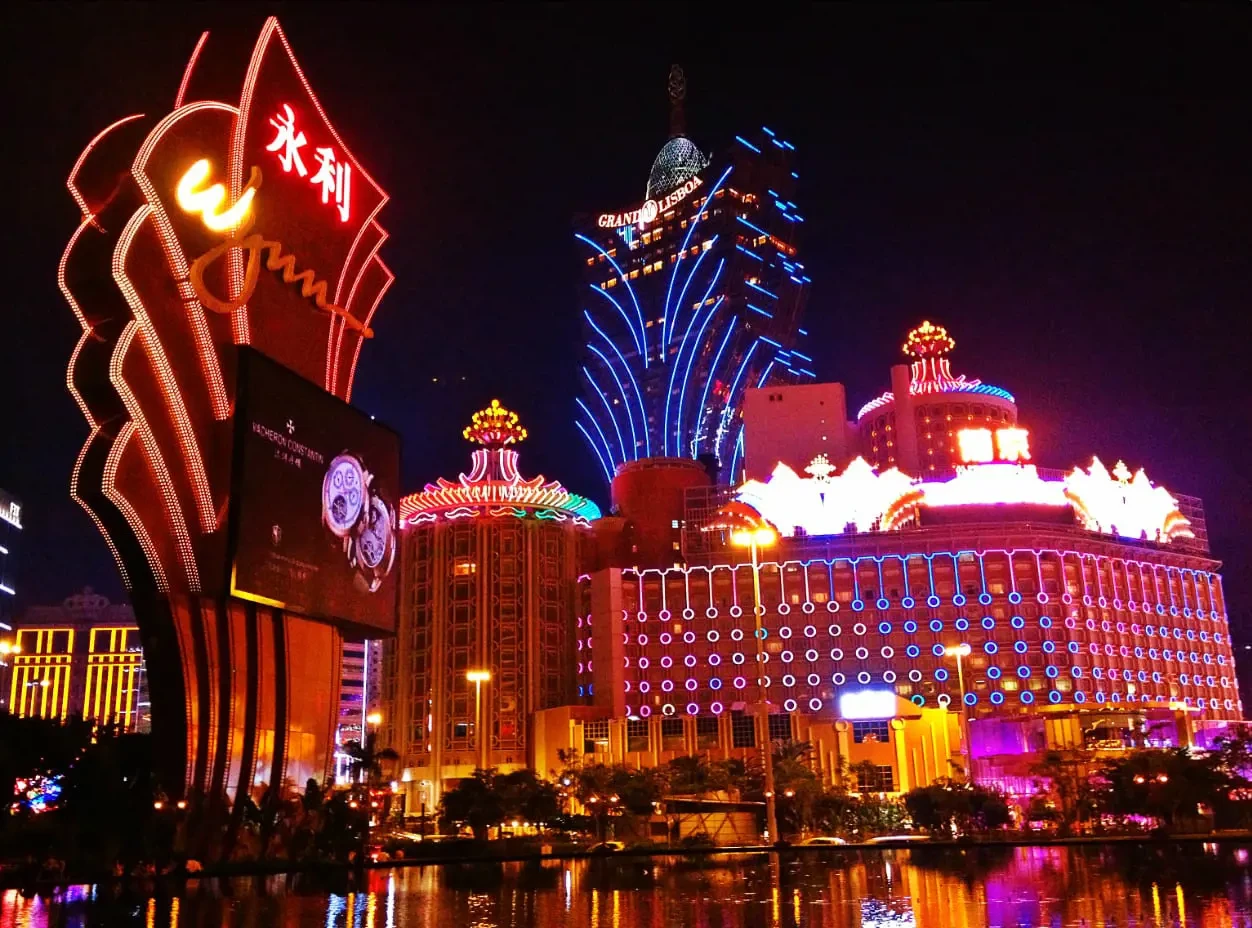Macau to grade casino operators on non-gaming contributions

Secretary for economy and finance Tai Kin Ip announced the midterm review on 28 March.
Non-gaming attractions are key to the “1+4” strategy established under former Macau chief executive Ho Iat-Seng.
Ho’s plan emphasised the growth of international tourism (the “1” in “1+4”) bolstered by four new economic pillars. They include Chinese health, finance, technology and the meetings and convention trade.
In comments before his 2024 retirement, Ho said the government’s goal is not “to compress the gaming industry”. It is, rather, to “grow the pie” by expanding other sectors.
Chinese president Xi Jinping has stressed the importance of “new industries with international competitiveness”.
And Ho’s successor, chief executive Sam Hou Fai, has pledged to “promote moderate economic diversification and focus on cultivating new industries with international competitiveness”.
Rebalancing the economic scale
The six incumbent gaming operators – Sands China, Wynn Macau, Galaxy Entertainment, MGM China, Melco Resorts and SJM Holdings – signed new licence agreements in December 2022.
The 10-year terms, which began on 1 January 2023, require them to support diversification with MOP130 billlion (£12.4 billion/€15 billion/$16.1 billion) in non-gaming investments, like theme parks, sporting arenas and cultural facilities.
The government has set a target for non-gaming revenue to contribute 60% of gross domestic product by 2028. Gaming would pick up the remaining 40%.
It’s an ambitious goal. In 2019, before the Covid-19 pandemic, gaming accounted for more than 50% of GDP, while non-gaming kicked in less than 10%.
However, the balance has already shifted. By 2023, gaming’s contribution had decreased to 37.2% and the combined value of the plus-four industries rose 6.9% over 2019, reported Macau Post Daily.
“The growing share of key non-gaming industries in Macau’s economy over the past years is enhancing its stability and resilience,” said Ho in an interview with Xinhua News Agency in December.
More rooms to stoke tourism
New entertainment venues are not enough to attract international tourism, according to Alidad Tash. In a January article in Macao News, the Melco Resorts executive said the city is “desperately short of hotel rooms”.
Current inventory is just 46,000 keys, compared to 153,000 in Las Vegas. The shortage inhibits multi-day stays and all the spending that goes with them.
In 2019, noted Tash, almost 21 million day-trippers visited Macau, spending a collective MOP14.12 billion, or MOP680 each. Overnight visitors, by contrast, spent a total of MOP50 billion, or MOP2,681 each.
By that calculation, Macau only needs “an additional 5.27 million visitors to spend the night to match the entire economic contribution of all same-day visitors”, wrote Tash.
The call has not gone unheeded. According to Macau’s Land and Urban Construction Bureau, the city added 2,900 hotel rooms in 2024. The 17-storey Capella at Galaxy Macau is set to open this year, with 36 sky villas and 57 suites. Sands China’s Londoner Grand Hotel will debut 2,405 new deluxe rooms and suites in May and 10 more hotel projects are in the approval stages.
Together, non-gaming attractions, more places to stay and a little promotional push may help to entice more global travellers.
Last year, Macau government tourism office director Helena Senna de Fernandes launched a worldwide promotional crusade, “Experience Macau Limited Edition”, to build a pipeline of new, high-value patrons from European and Arab countries.
Currently, 90% of visitors to the gaming mecca hail from greater China, including Hong Kong and Taiwan.
